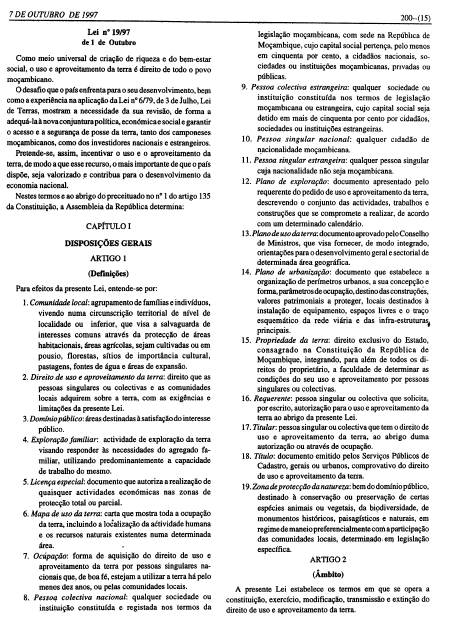Do women work more or less when countries trade more? Do trade expansion and economic liberalisation affect women and men in different ways'? Case studies from Ghana, Uganda, Sri Lanka, Pakistan, Bangladesh, and Jamaica are used in this report to illustrate some of the gender dimensions relating to trade. Present evidence suggests that, under certain conditions, export expansion can benefit certain groups of younger, more educated women. However in general, the rights of women workers to fair terms and conditions of employment need protection.





